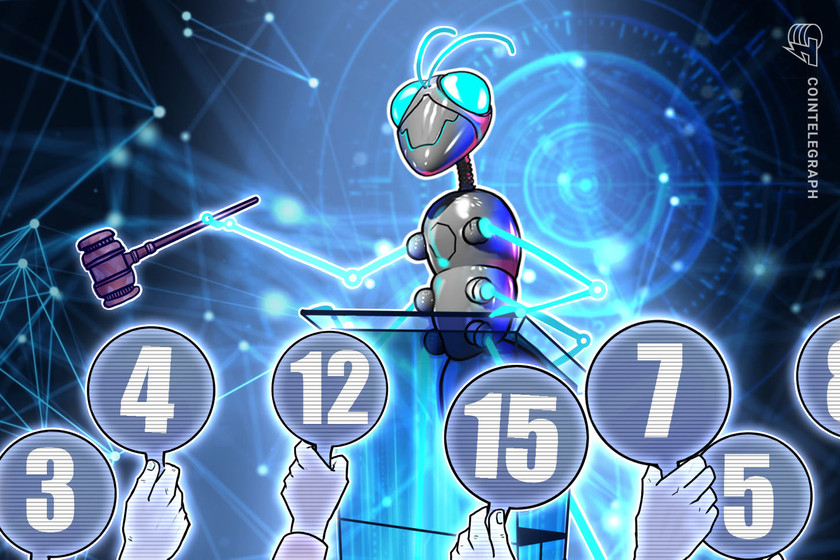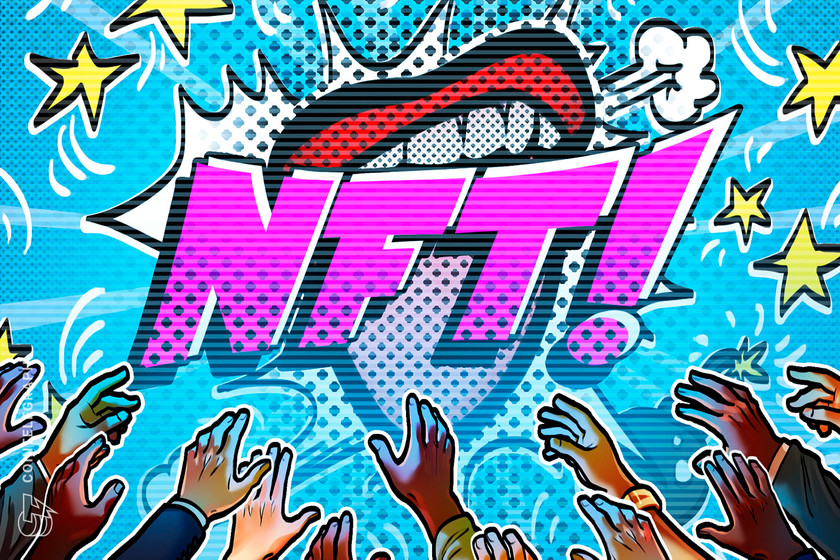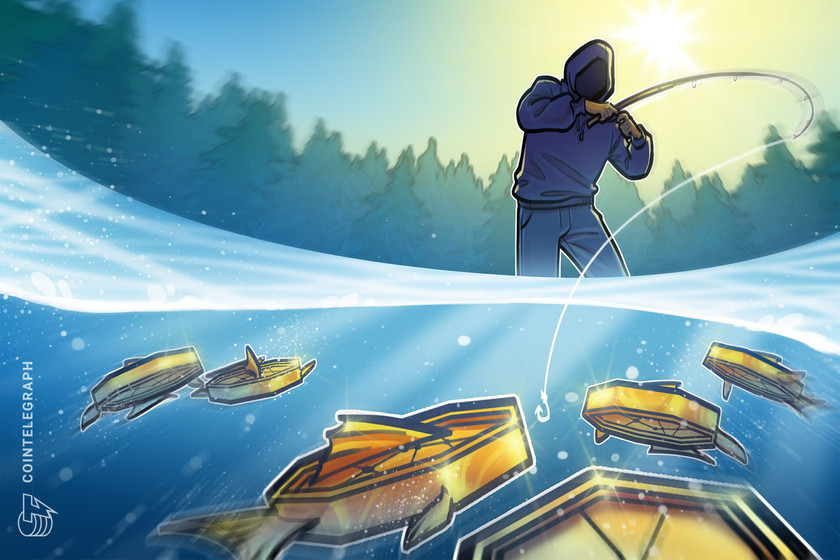‘Scammers dream’ — Yuga’s auction model for Bitcoin NFTs sees criticism


Yuga Labs’ first Bitcoin NFT collection saw some backlash from the crypto community over the weekend, pointing to flaws in how it conducts the auction.
Nonfungible token (NFT) company Yuga Labs faces criticism from the cryptocurrency community, including the creator of Bitcoin Ordinals, over how it plans to auction its new Bitcoin NFT collection.
On March 5, Yuga opened bids for its “TwelveFold” collection, which will see 300 NFT-like images inscribed on satoshis using the Bitcoin-native Ordinals protocol, with 288 from the collection sent to the highest 288 bidders.
The auction for TwelveFold has begun and will conclude on the block immediately prior to 3pm PT tomorrow, March 6th, 2023. Good luck.https://t.co/gvl8IHpekC pic.twitter.com/xGWU9jdCoO
— Yuga Labs (@yugalabs) March 5, 2023
According to a March 5 press release, those participating in the bidding process must send their entire bid amount in Bitcoin (BTC) to a unique BTC address controlled by Yuga. Winners would simply pay up the BTC they bid, while Yuga said it would return BTC to those unsuccessful in placing a top bid.
However, such a plan has earned the ire of some within the crypto community, with some pointing out that having to conduct refunds for unsuccessful bids manually is like the “stone age.”
so the way yugas auction will work tomorrow is everyone sends Bitcoin to one wallet and if you lose the bid they promise to manually send it back
likely tens of millions of dollars
we’re still in the stone age
— Giancarlo (@GiancarloChaux) March 5, 2023
The user behind an Ordinals-focused Twitter account “ordinally” called the auction model a “scammers dream,” adding while they doubt Yuga would keep the BTC from failed bids, the way it carries out the auction sets a “REALLY bad precedence.”
Yuga is establishing REALLY bad precedence running an auction like this. They are taking custody of bidders’ bitcoin with a promise to send back unsuccessful bids. Not doubting they’ll do that, but this model is a scammer’s dream, and credible players need to set better example.
— ordinally (@veryordinally) March 6, 2023
The post even saw a response from Bitcoin Ordinals creator, Casey Rodarmor, who hotly weighed in on the discussion, telling Yuga to “get fucked” and calling the conduct of the auction “degenerate bullshit.”
He added if Yuga were to conduct a similar auction he would encourage others to boycott the project.
Dear @yugalabs,@veryordinally is right. Actions like this prove that for some entities and people: “Once a shitcoiner always a shitcoiner.”
If I, personally, Casey Rodarmor, ever see you, Yuga labs, the entity, fuck around with degenerate bullshit like this again, I will wash… https://t.co/COARsn4X0o
— Casey Rodarmor (@rodarmor) March 6, 2023
Other users pointed out the shortcomings of the auction system, saying it’s possible some could overpay for a TwelveFold due to a potential significant price discrepancy between the highest and lowest bids in the top 288.
yuga is going to make a lot of money with twelvefold haha pic.twitter.com/UF7efYmN0k
— frankdegods.eth (@frankdegods) March 5, 2023
Despite the criticism from some, many were happy to see a large project such as Yuga — which rose to prominence due to multiple Ethereum-based NFT collections — bridge across to Bitcoin.
Related: Luxor Mining acquires OrdinalHub amid Bitcoin-based NFTs hype
Ordinally, who criticized the collection, later tweeted appreciation of “the fact that Yuga took the effort to attempt [to] go a Bitcoin route when setting up this auction.”
To give credit where credit is due – I really appreciate the fact Yuga took the effort to attempt and go a Bitcoin route when setting up this auction. Somewhat irrationally it pains me even more to see a bitcoin approach setting bad precedent, than an ETH based approach …
— ordinally (@veryordinally) March 6, 2023
An Ordinals-based collection, Ordinal Pizza OG, expressed excitement at Yuga’s BTC collection and called it a “massive net positive for Ordinals.”
The criticisms weren’t enough to stop cashed-up bidders from wanting to try to cement a top spot to nab Yuga’s first BTC collection.
At the time of writing, the top bid was 1.11 BTC (around $25,000), according to the TwelveFold website with the lowest bid registered showing as 0.011 BTC, or around $250.




























